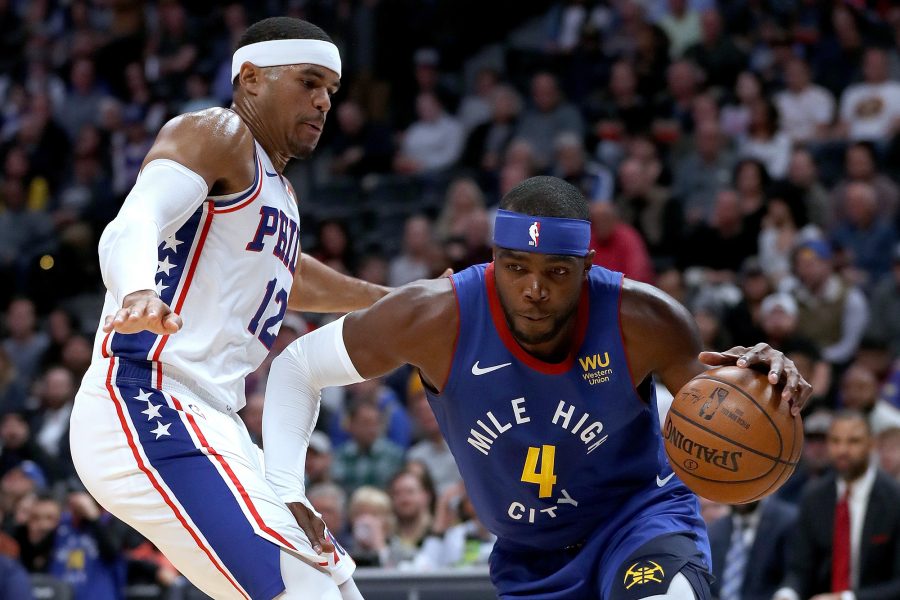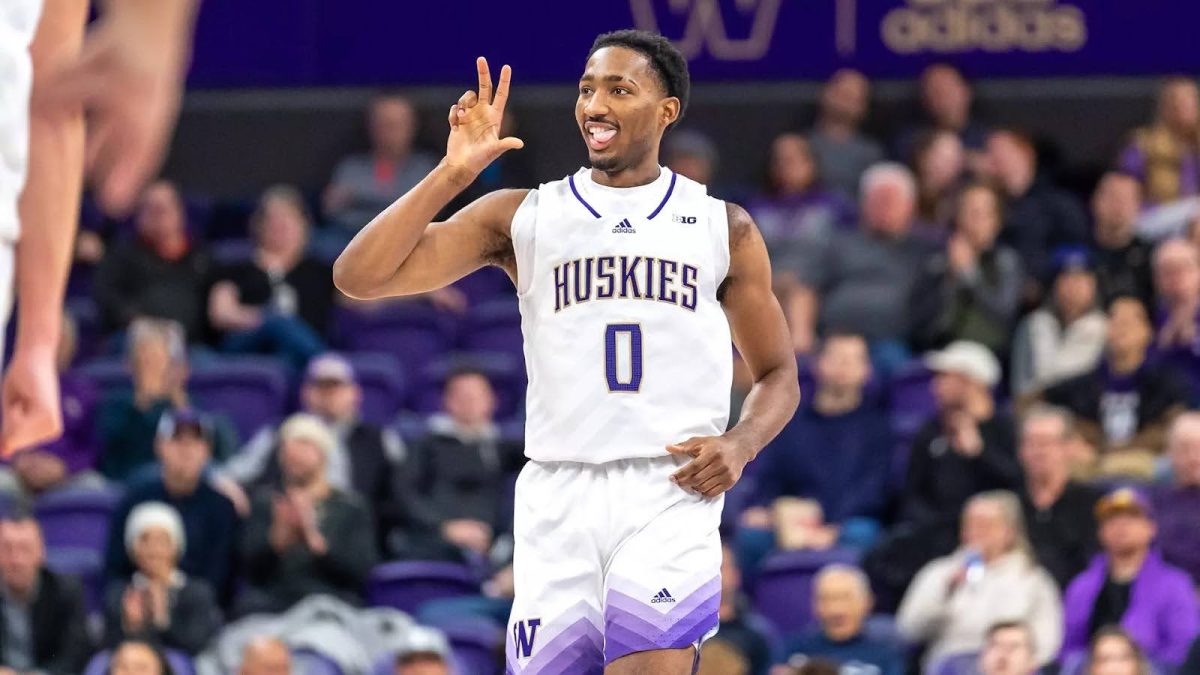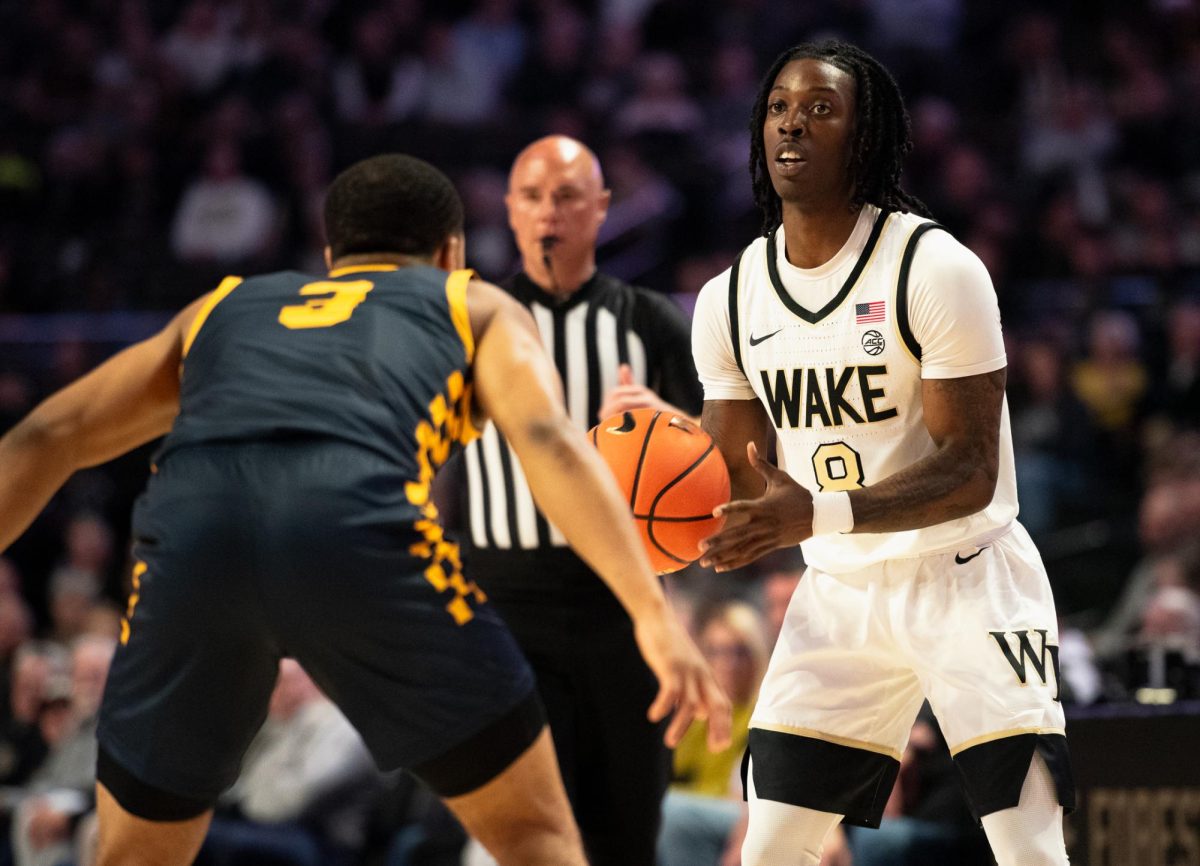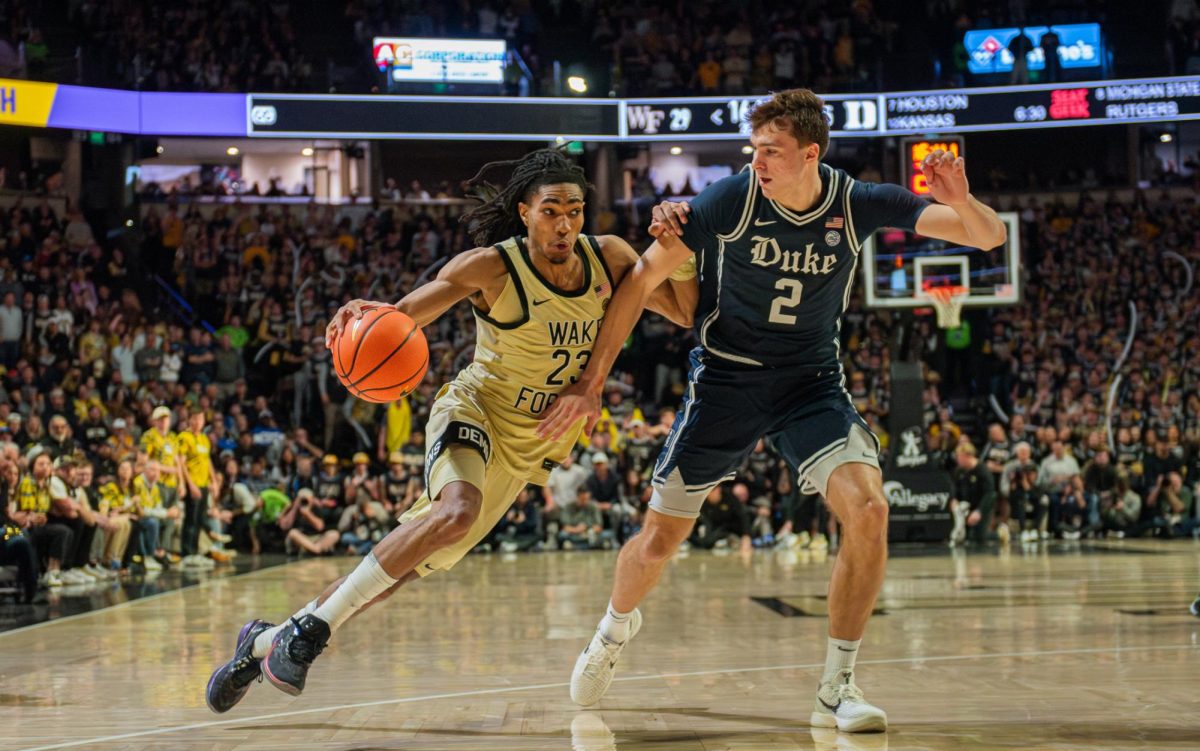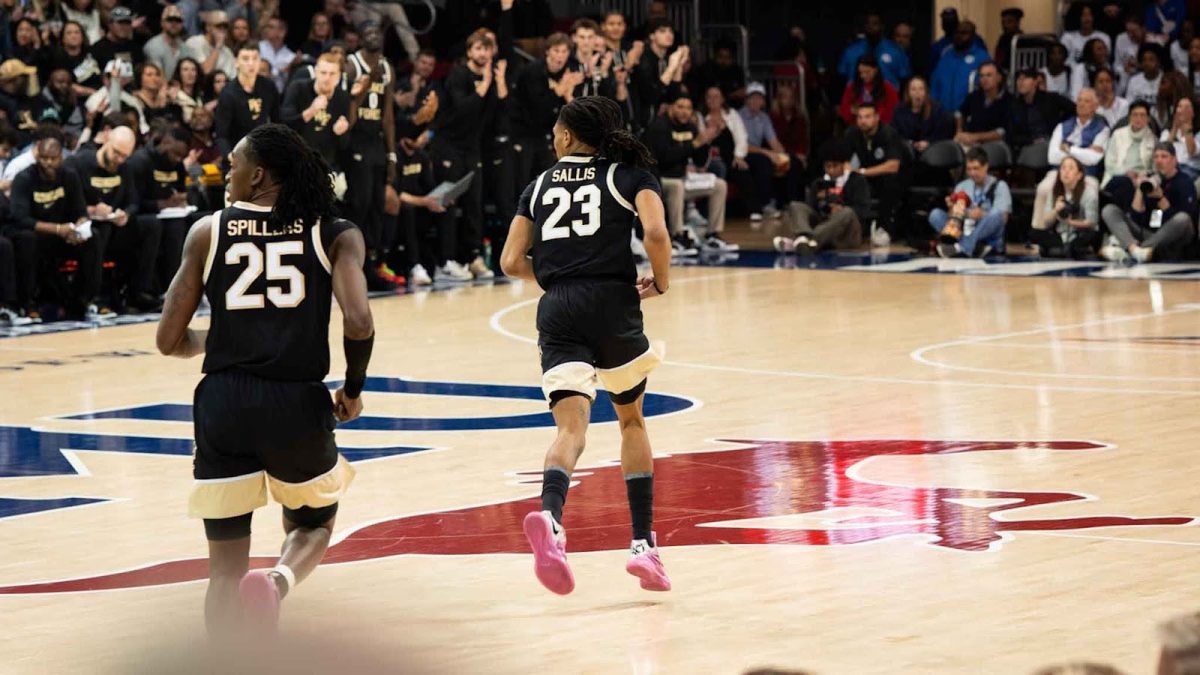It’s no secret that the NBA is a star-driven league. When LeBron James announced his infamous decision to team up with Dywane Wade and Chris Bosh and join the Miami Heat in the summer of 2010, he kickstarted a flurry of movement from the league’s best players, the likes of which the league had never seen before. Since 2016, we’ve seen a four-time scoring champion and former Most Valuable Player (MVP) in Kevin Durant change teams twice.
This past season, former No. 1 overall pick Anthony Davis forced a trade to the Los Angeles Lakers with two years remaining on his contract, an unprecedented move that sent a strong message to owners across the league: NBA Superstars have more power than ever before, forcing teams’ general managers to be smarter than ever when it comes to team building. With the spotlight shining brighter than ever on high profile players, the NBA’s role players have been relegated to the background.
While superstars give teams a shot at winning an NBA title, a team’s role players are often the ones who matter down the stretch and truly shape a star player’s legacy. A “glue guy” is typically defined as a role player who brings more to the table than his counting stats show. Whether it’s diving for a loose ball, communicating on defense or even just being a strong locker room presence, “glue guys” are vital to every team, and are a precious commodity in today’s NBA. These guys might not be on Sports Center every day, but they’re more important to success in today’s NBA than most average fans give them credit for. Below, I’ll highlight two under-the-radar players who have been vital to their team’s success during this NBA season.
De’Anthony Melton, 20 (Memphis Grizzlies): After a tumultuous rookie season with the Phoenix Suns, the former second rounder has absolutely exceeded expectations this season, posting the highest efficiency differential in the NBA, a whopping +19.8 (per Cleaning the Glass). A player’s efficiency differential is a basic performance indicator that calculates the points the team scores per 100 possessions when the player is on the court subtracted from the points the team allows per 100 possessions when the player is on the court.
Due to the Suns’ lack of depth at point guard, Melton was sometimes miscast as a starter which, as a rookie, is an extremely steep learning curve coming right out of college (which probably contributed to his rough rookie season). This season, he’s been coming off the bench behind young superstar Ja Morant, a role he’s much more accustomed to and one in which he’s thriving in. Defense and rebounding have remained his calling card, though; he is ranked in the 100th percentile among all guards in both defensive rebound percentage and free throw rebounding percentage, he’s also in the 88th, 97th percentile for block percentage and steal percentage, respectively. While his offensive stat line is fairly modest (7.8 points, 3.9 rebounds and 3.1 assists), his field goal percentage is up from 39% to 45% this season (per Basketball Reference). Since Melton became a regular in the lineup, the Grizzlies have gone 15-9 and are currently on a seven-game win streak and find themselves sitting in the 8th and final playoff spot in their Conference. Melton’s sheer energy and hustle is what makes him a “glue guy” and a vital contributor for the Grizzlies, who are still searching for an identity after losing longtime franchise staples Marc Gasol and Mike Conley over the course of the past year.
Paul Millsap, 34 (Denver Nuggets): Paul Millsap has been around in the NBA for a while. After growing into a nightly double-double threat with the Utah Jazz, he spent his prime in Atlanta, making four All-Star games before signing with the Nuggets in 2017. At 34, Millsap might not be the player he once was, however playing next to big man Nikola Jokic in one of most unique offenses in the league has allowed Millsap to thrive in other ways. Like Melton, this season Millsap is posting an extremely high efficiency differential of +15.9 (per Cleaning the Glass).
Despite averaging his fewest minutes per game since his sophomore season in the NBA, Milsap’s value this season has been with his three-point stroke. He’s shooting 41% from downtown on just over two attempts per game (per Basketball Reference). With floor spacing becoming incredibly important in today’s NBA, Millsap forces his defender to guard him on the perimeter, opening up passing lanes and pick and roll opportunities for Jokic and Jamal Murray.
He’s also been a vital veteran presence and defensive anchor for a young Nuggets team, who have been impressive this season. The Nuggets defense rises to another level when he’s on the floor, allowing nine less points per 100 possessions when he’s on the court (per Cleaning the Glass). While he’s definitely getting older, there’s no selling short Millsap’s value to this team. Come playoff time, he could end up being the difference against the Western Conference’s elite.


